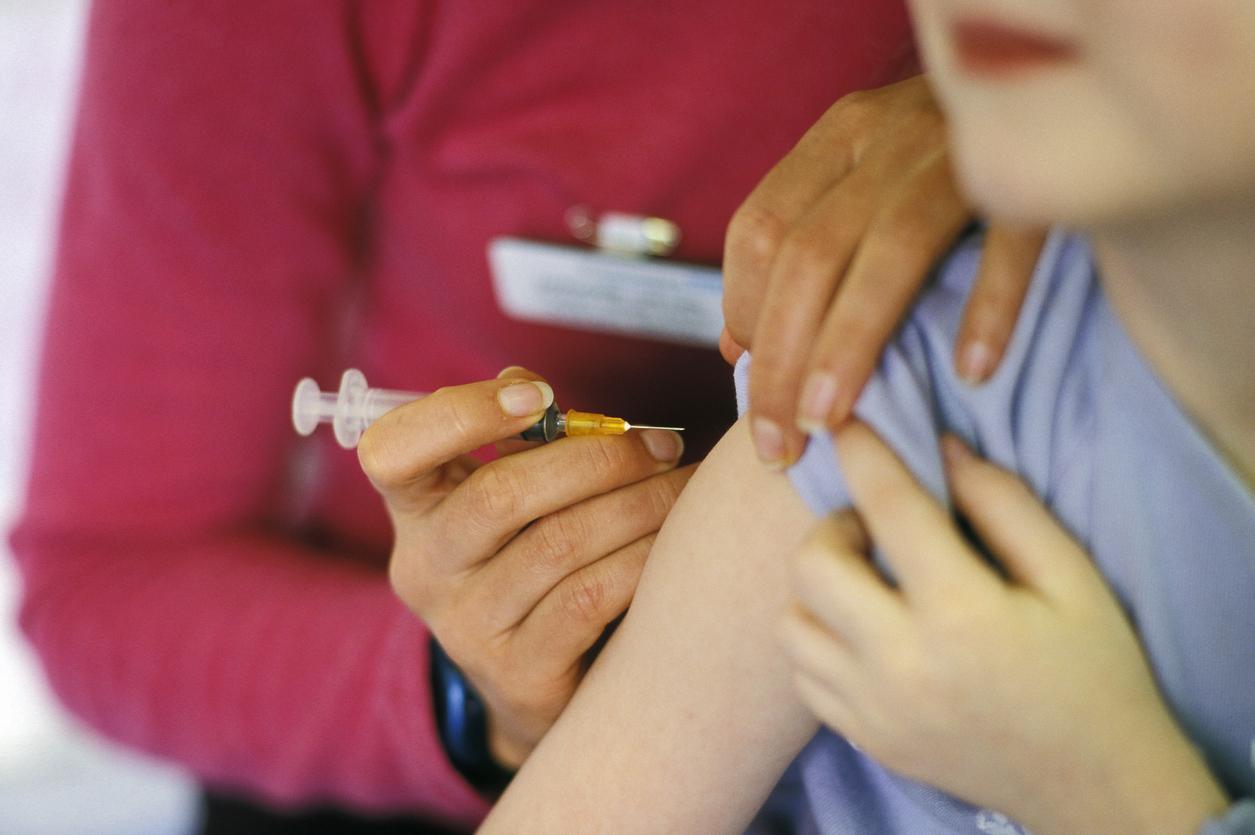As the fifth wave of Covid-19 hits the European continent, a new study published in “Science” confirms a sharp drop in vaccine effectiveness, only 8 months after the second dose.
-1636540949.jpg)
- French people aged 65 and over and immunocompromised or at-risk people who were vaccinated more than 6 months ago are invited to take their 3rd dose of vaccine.
- This announcement coincides with a new study showing that the effectiveness of the three vaccines Pfizer-BioNTech, Moderna and Jansson decreases drastically against the risk of contamination several months after receiving the 2nd dose.
- On the other hand, the effectiveness against the risk of death decreases little.
This winter, to protect against Covid-19 infection, the two doses of vaccine will probably not be enough. This is the conclusion reached by a new study published in the journal Sciencewhich highlights a sharp drop in the protection offered by vaccines against SARS-CoV-2 only a few months after vaccination.
A drastic drop in efficiency against the risk of contamination
During his televised address on Tuesday, November 9, Emmanuel Macron invited people over 65 to take a third booster dose of vaccine to stay protected. From December 15, they will have to certify this additional dose – which must be administered before reaching six months and five weeks after the second dose – if they want to continue to have a valid health pass. From the beginning of December, it will be the 50-64 year olds who will in turn be eligible for the injection of a booster dose from the beginning of December.
These announcements by the President of the Republic follow a sharp increase in contamination on the European continent and coincide with the publication of an Israeli study attesting to the drop in effectiveness of the Pfizer-BioNTech, Moderna and Janssen vaccines eight months after the second injection.
This new work was conducted with 780,225 Americans between 1er February and the 1er October 2021. This period, during which 498,148 subjects were fully vaccinated, corresponds to the emergence of different variants, including the Delta variant.
The effectiveness of the various vaccines was measured according to two criteria: the risk of contamination and the risk of death. In both cases, the vaccines had a noticeable protective effect: people who received a complete vaccination course had a lower risk of being infected with Covid-19 compared to those who received only one dose or none at all. dose.
However, the results also show that this efficacy decreases sharply over time, even after adjustment according to various criteria such as sex, age and comorbidities. Specifically, between March and October, the effectiveness of the Pfizer-BioNTech vaccine fell from 86.9% to 43.3%, that of the Moderna vaccine from 89.2% to 58% and that of the Janssen vaccine from 86.4%. % to 13.1%.
Vaccines always protect against the risk of death
The good news from the study, on the other hand, is the constant effectiveness of the various vaccines against the risk of death linked to SARS-CoV-2. Even several months after vaccination, they continue to protect against the risk of death, as shown by these results obtained in July, when the Delta variant was the majority across the Atlantic: 81.7% all vaccines combined for those under 65 and 71.6% all vaccines combined for the over 65s.

.

















